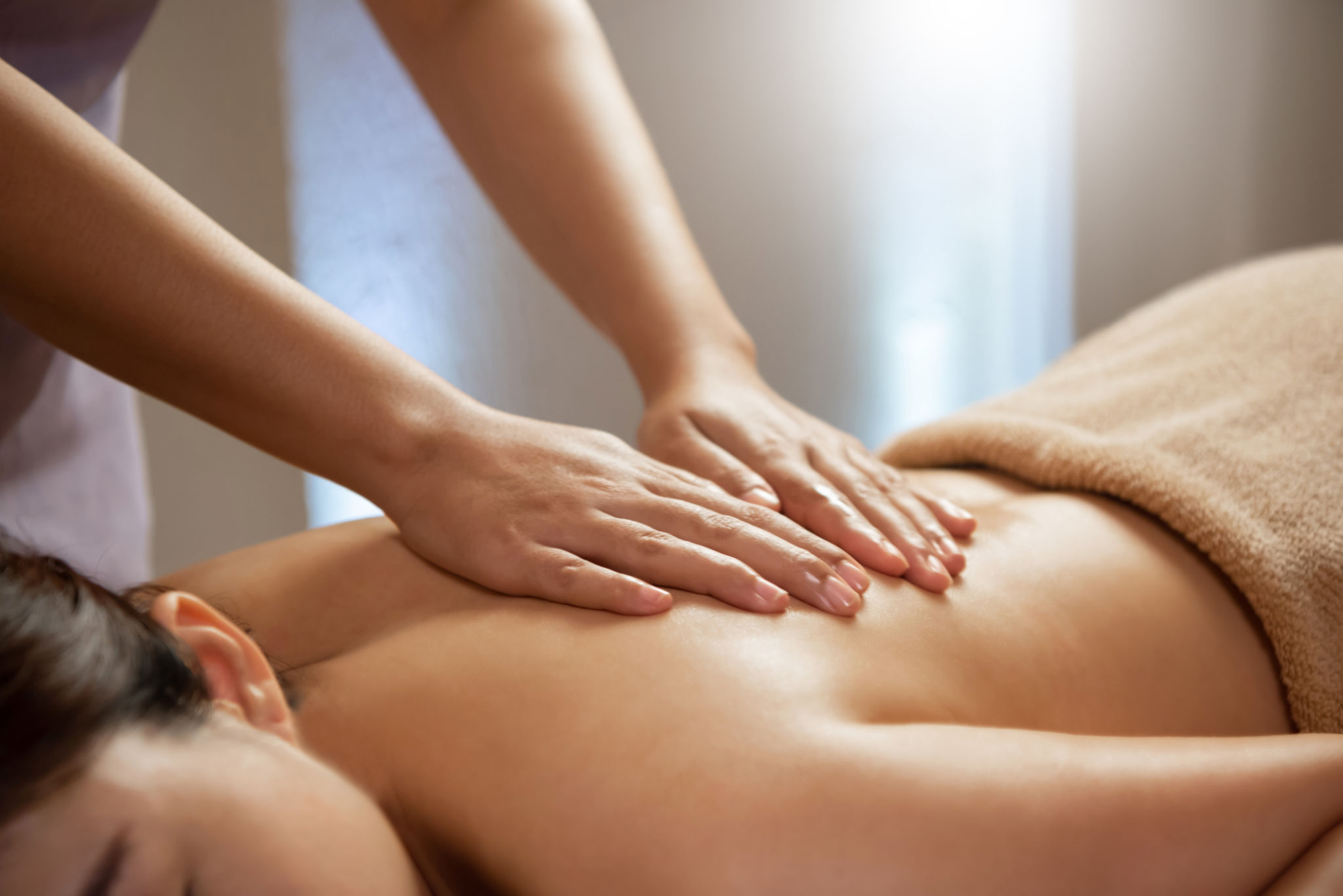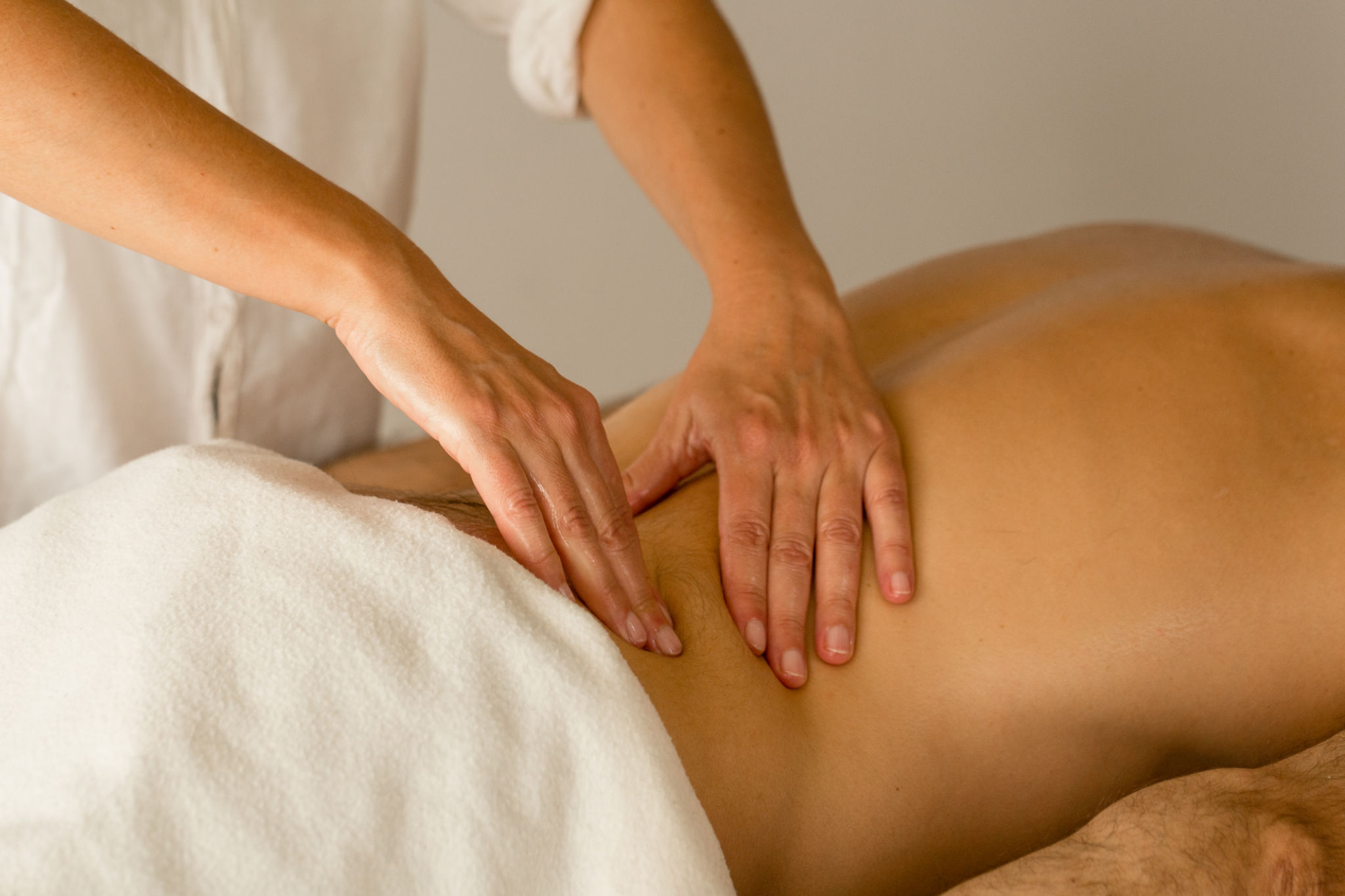The Ultimate Guide to Thai Massage: Techniques and Benefits
Introduction to Thai Massage
Thai massage, also known as Thai yoga massage, is a traditional healing system combining acupressure, Indian Ayurvedic principles, and assisted yoga postures. This ancient practice has been used for centuries to promote physical and emotional well-being. Unlike other forms of massage, Thai massage involves the therapist using their hands, knees, legs, and feet to move you into a series of yoga-like stretches. It is both a relaxing and energizing experience.

Techniques Used in Thai Massage
Thai massage employs a variety of techniques to achieve its therapeutic effects. Here are some of the core techniques used:
- Stretching: The practitioner uses their body to stretch the client's muscles, improving flexibility and range of motion.
- Pressure: Using thumbs, palms, elbows, and feet, the therapist applies pressure to specific points to relieve tension and stimulate energy flow.
- Rocking: Gentle rocking motions are used to relax the body and improve circulation.
These techniques are combined in a flowing sequence, often customized to meet the individual needs of the client. The result is a holistic treatment that addresses both physical and emotional imbalances.
Benefits of Thai Massage
Thai massage offers a wide range of benefits for both the body and mind. Here are some of the key advantages:
- Improved Flexibility: The stretching techniques used in Thai massage help to increase flexibility and range of motion.
- Enhanced Circulation: The combination of pressure and movement stimulates blood flow, promoting better circulation.
- Stress Relief: The deep relaxation achieved during a Thai massage can help to reduce stress and anxiety.
- Pain Relief: By targeting specific pressure points, Thai massage can alleviate chronic pain and muscle tension.

What to Expect During a Thai Massage Session
A typical Thai massage session lasts between 60 to 90 minutes. Here’s what you can expect:
Preparation: You will be asked to wear loose, comfortable clothing. The massage is usually performed on a mat on the floor rather than a table.
Assessment: The therapist will begin by assessing your body’s condition and any specific areas of concern.

Finding a Qualified Thai Massage Therapist
When seeking out a Thai massage therapist, it’s important to find someone who is properly trained and experienced. Look for therapists who have completed a certified training program and have good reviews or recommendations. A qualified therapist will be able to tailor the massage to your specific needs and ensure a safe and effective treatment.
In conclusion, Thai massage is a powerful and holistic approach to health and well-being. Whether you are looking to improve your flexibility, reduce stress, or alleviate pain, Thai massage offers numerous benefits that can enhance your overall quality of life. Give it a try and experience the profound effects of this ancient healing practice.
